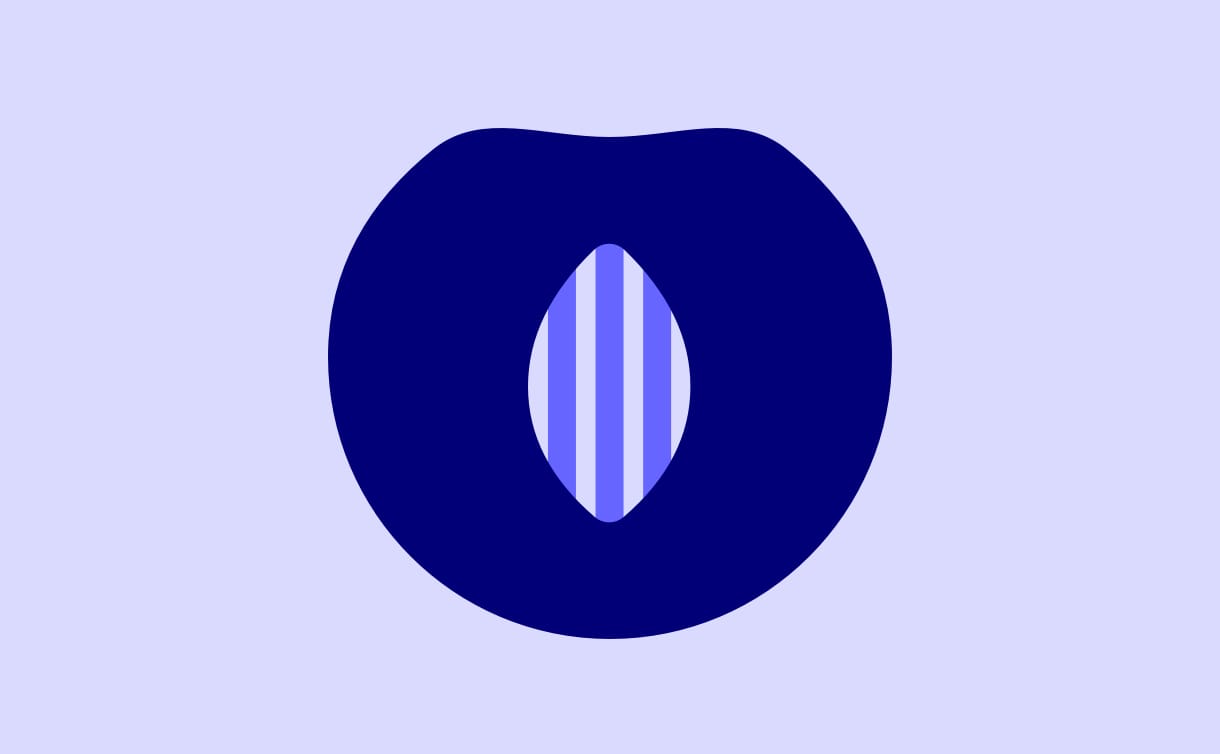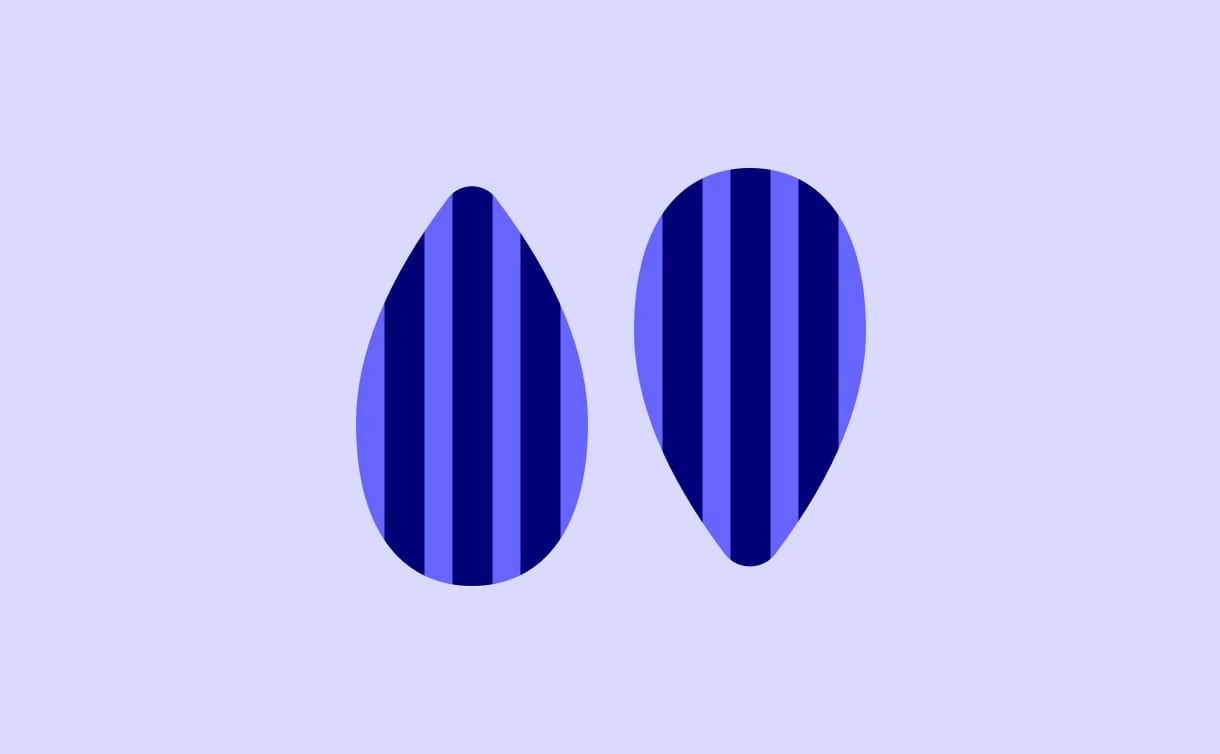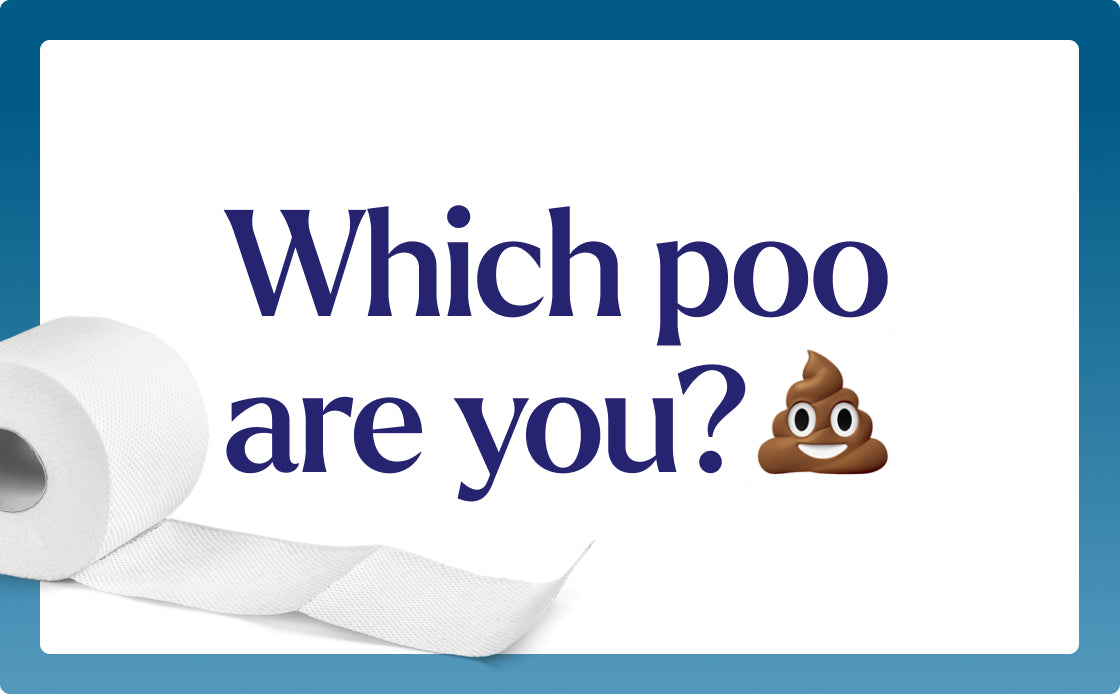
Supplement vs diet—a false dichotomy
Is it really true that you only need one or the other? Or is the answer somewhere in between?

Supplements or diet? You’ll see this question asked a lot, with content creators looking for a noteworthy soundbite, a bit of shock-value. Of course, it’s a false dichotomy. No one would argue that a balanced diet, containing lots of whole grains, plants, and fish, isn’t the best place to start, but beyond that, it gets a bit more nuanced.
So can supplements help alongside a healthy diet? And what does science have to say on the matter?
What’s the best way to get the nutrients you need
You’re unlikely to find a healthcare professional who doesn’t say that a balanced diet is the foundation for nutritional health, and a food-first approach should always be the starting point.
However, if you aren’t able to get all of your nutritional requirements from your diet (and 99% of us don’t), nutritional supplementation is a simple, effective way of upping your nutrient intake. Of course, when choosing a supplement, quantity isn’t the only consideration. As well as making sure that any dose is within the safe upper limit (SUL), it’s essential to make sure that the ingredients—the actual compounds that contain the micronutrients—are high quality and high-impact. That means you’re looking for active, bioavailable forms of the nutrient where possible.
Can you get all the nutrients you need from diet alone?
Yes, you can, but it’s not easy. In order to get the minimum nutritional recommendation (known as the nutritional reference value, or NRV) of each vitamin, you’d need a diet consisting of, at minimum, the following:
-
21 portions of whole grains
-
7 portion of berries
-
8 portion of nuts
-
7 portion of leafy greens
-
14 portions of other colourful vegetables
-
3 glasses of red wine
-
2 portions of oily fish
-
2 portions of white fish
-
2 portions of poultry
-
3 portions of legumes
-
2 portions of offal
That’s a lot, and the harsh truth is that most people don’t have the time, money, or inclination to ensure that they’re getting a full spectrum of nutrients. Hectic modern lifestyles make it difficult to stay on top of what we’re eating and get the right combination of vegetables and whole foods that we need to support a truly complete diet.
There are also environmental factors to take into account. Evidence suggests that deteriorating air quality and atmospheric pollution affects our ability to absorb nutrients, as does poor gut health—an increasingly common problem.
On top of that, decades of intensive factory farming has depleted the soil of nutrients. This means that the food we grow contains less nutritional value than it used to, making it even harder to get enough of the nutrients we need from diet alone.
How a supplement can support your nutritional needs
If you eat everything listed above, every week, then you’re doing a great job. And while supplementation might be a solid insurance choice, it’s not an urgent matter.
However, if you aren’t regularly eating a complete diet, or if you’re restricted in what you eat, then it’s time to consider whether a high-quality, scientifically backed supplement can help. Let’s look at some examples.
Vitamin D
It’s possible to get small amounts of vitamin D from food, but we get most of it from sunlight—the UV radiation causes a reaction in our bodies that produces the vitamin. In temperate climates, it’s incredibly difficult to get enough sunlight to produce vitamin D during the winter, and as we’re spending more time inside, that’s increasingly the case year-round.
For example, in the UK, the NHS recommends everyone take vitamin D supplements in the autumn and winter, regardless of what you eat or how much time you spend outside, and it advises that many people should also supplement in the spring and summer as well.
Omega 3
Omega 3 is a fatty acid that makes up around 30% of your brain. It’s an essential brain function and the nervous system, but you can’t create it yourself—every molecule of omega 3 in your body has to come from somewhere else.
There are two effective forms (a third, ALA, exists in some seeds but is incredibly inefficient in the body), and the most available food source is oily fish. But how much oily fish do you actually eat? If it’s not at least two portions a week, then chances are you aren’t getting the omega 3 you need, and that’s when a supplement can support your standard diet.
So do you need a supplement?
We’ve selected these two nutrients as examples, but it’s a similar situation for many other vitamins and minerals. The truth is, the vast majority of us simply aren’t getting the nutrition we need to thrive.
That’s where a high-quality supplement comes in. It can’t replace a good diet, but it can provide a nutritional foundation, a baseline, so that you know you’re getting the exact nutrients you need, even when you aren’t able to maintain a “perfectly” balanced diet.
Thinking about going vegan? Here's everything you need to know about a plant-based diet and staying on top of your game. Read now .
Know your own mind?
The average brain health score is 51/100. Take our 3-minute quiz to learn how yours measures up and how to boost it.















